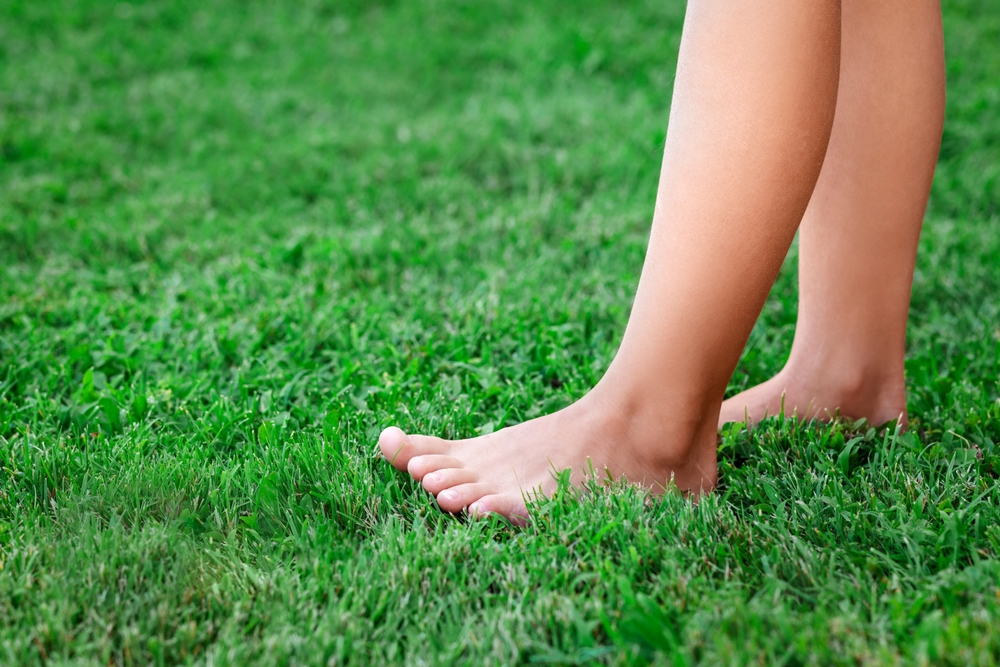Unveiling the Health Benefits of Grounding: A Comprehensive Guide
Grounding, also known as Earthing, is a relatively new wellness trend that has been making waves in the health and wellness community. Often called the 'missing link to health,' Grounding has been touted as a natural way to improve various aspects of health, from reducing inflammation to boosting mood. This article delves deep into the science of grounding, its benefits, challenges, and the research that supports it.

Grounding: A Historical and Scientific Overview
The concept of Grounding is not entirely new. In fact, it’s as old as the Earth itself. Humans, like all living organisms, have evolved in direct contact with the Earth’s electrical field. We’ve walked barefoot, slept on the ground, and cultivated the land with our bare hands. However, the advent of modern living, with its rubber-soled shoes and insulated homes, has disconnected us from the Earth’s energy, which some experts believe could contribute to various health issues.
The science of Grounding is based on the principle that the Earth’s surface contains a limitless supply of free electrons, which have antioxidant properties. By making direct contact with the Earth’s surface, these electrons can neutralize harmful free radicals in the body, reducing inflammation and oxidative stress.
The Health Halo of Grounding: What Does Science Say?
Recent years have seen a growing body of research supporting the potential health benefits of Grounding. A 2012 review published in the Journal of Environmental and Public Health found that grounding could improve sleep, reduce pain, and decrease stress.
Moreover, a 2015 study published in the Journal of Inflammation Research found that grounding could reduce the primary indicators of osteoporosis, suggesting its potential role in bone health. While these studies are promising, more research is needed to fully understand the extent of grounding’s health benefits.
Grounding: A Walkthrough of Benefits and Challenges
The potential benefits of Grounding are numerous. Apart from reducing inflammation and oxidative stress, grounding is also said to improve sleep quality, increase energy, reduce stress and anxiety, and improve cardiovascular health. However, like any health practice, Grounding also has its challenges. Some people may find it difficult to incorporate into their daily routine, especially those living in urban environments.
The Science-Backed Health Practice: Is Grounding Legitimate?
While the concept of Grounding may seem simple, the science behind it is complex and still evolving. The current research suggests a potential link between grounding and health improvements. However, it’s important to approach grounding with a balanced perspective and understand that it’s not a substitute for a healthy lifestyle and medical treatment when necessary.
Fascinating Grounding Facts and Tips
- Grounding can be as simple as walking barefoot on natural surfaces like grass, sand, or dirt.
- Grounding mats and sheets are available for those who find it hard to ground outside.
- Wetting your feet or the ground can enhance grounding’s effects, as water is a natural conductor of electricity.
- The longer and more frequently you ground, the more benefits you’re likely to experience.
In conclusion, Grounding offers a unique and natural way to potentially boost your health. As research continues to unravel its benefits, it may be worth giving this simple yet powerful practice a try. Remember, a holistic approach to health involves balanced nutrition, regular exercise, adequate sleep, stress management, and yes, perhaps even a little bit of grounding.






